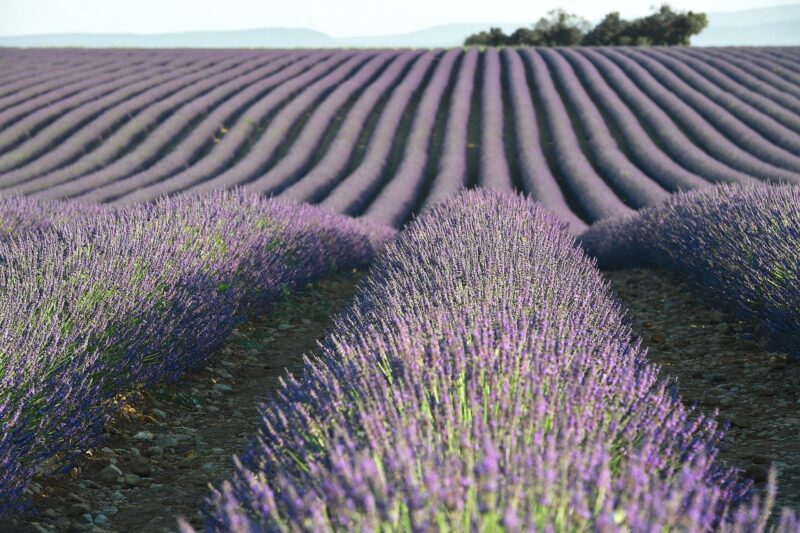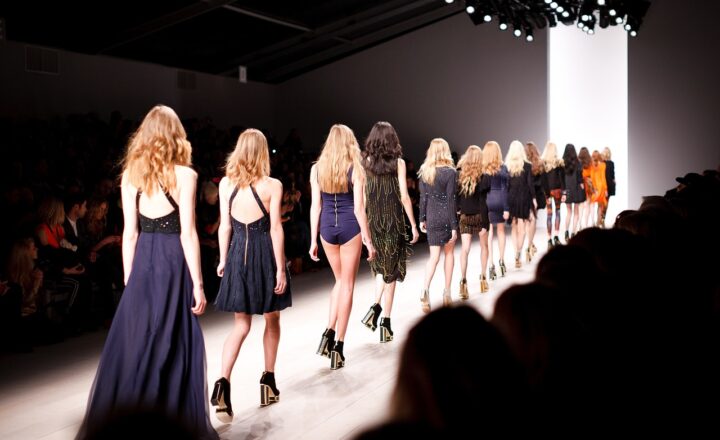The Stories Behind the Creation of Iconic Perfumes and Their Cultural Impact
November 17, 2024

Perfumes have transcended mere fragrances; they have become symbols of identity, culture, and expression. From the royal courts of ancient civilizations to the bustling streets of modern metropolises, the stories behind iconic perfumes reveal much about the societies that birthed them. This article delves into the fascinating narratives surrounding some of the most famous perfumes in history and their indelible cultural impact.
1. The Allure of Perfume: A Brief History
The use of fragrance dates back to ancient Egypt, where perfumes were regarded as sacred and were often associated with the gods. Ingredients such as myrrh, frankincense, and various flowers were ground and mixed with oil to create enticing scents used in religious ceremonies, social events, and for personal adornment.
As civilizations evolved, so did perfumery. By the Middle Ages, perfumes became a staple in aristocratic households, particularly in France, where the art of perfume-making blossomed. In this region, the emergence of renowned houses and perfumers would set the stage for many of the iconic fragrances we treasure today.
2. Chanel No. 5: The Timeless Classic
One cannot discuss iconic perfumes without mentioning Chanel No. 5. Created by the legendary Gabrielle “Coco” Chanel in 1921, this fragrance revolutionized the perfume industry. With its innovative bouquet featuring aldehydes—a synthetic compound at the time—Chanel No. 5 broke away from traditional floral scents.
The creation was influenced by the rise of modernism, a movement that celebrated simplicity and elegance. Coco Chanel envisioned a fragrance that embodied the modern woman’s spirit. When Marilyn Monroe famously stated she wore nothing to bed but Chanel No. 5, the perfume’s status as a cultural icon was solidified. It became synonymous with luxury, femininity, and sophistication, leaving an enduring mark on both the fashion and fragrance industries.
3. Dior Sauvage: The Raw Essence of Nature
Introduced in 2015, Dior Sauvage quickly became a sensation among masculine fragrances. The brainchild of perfumer François Demachy, Sauvage captures the raw beauty of nature and the wilderness itself. With notes of bergamot, Sichuan pepper, and ambroxan, the fragrance evokes an untamed and free-spirited essence.
Dior Sauvage’s marketing campaign featured actor Johnny Depp, who embodied the rugged spirit and individuality associated with the scent. The perfume’s launch coincided with a growing preference for natural and organic products, appealing to contemporary consumers’ desires to reconnect with nature. Its success speaks to the cultural shift toward authenticity and individuality in a saturated market.
4. Jean Paul Gaultier’s Le Male: Breaking Gender Norms
Released in 1995, Le Male by Jean Paul Gaultier was a daring statement in an industry largely dominated by traditional masculinity. The fragrance, which combines mint, lavender, and vanilla, was designed to challenge conventional perceptions of masculinity and femininity.
The bottle, modeled after a male torso wrapped in a sailor’s strip, further underscores the rebellious nature of this perfume. It cultivated a new era of men’s fragrances that pushed boundaries and allowed men to explore their identities more freely. In today’s culture, where gender fluidity is increasingly accepted, Le Male’s influence on the acceptance of diverse expressions of masculinity remains significant.
5. Marc Jacobs Daisy: A Fragrance of Youth and Freedom
Marc Jacobs introduced Daisy in 2007 as a celebration of youth, innocence, and freedom. The fragrance features notes of wild strawberry, violet leaves, and white woods, evoking a sense of spring and blossoming libertinism. The iconic packaging, adorned with charming daisies, reflects a carefree spirit.
Daisy resonated strongly with millennials and younger generations, symbolizing a return to simplicity amidst the complexities of modern life. It speaks to the cultural yearning for nostalgia, combined with a whimsical, carefree attitude. Marc Jacobs cleverly positioned the fragrance to align with the lifestyle aspirations of a generation looking for authenticity and joy in their choices.
6. The Evolution of Celebrity Fragrances
In the last two decades, celebrity fragrances have emerged as powerful players in the perfume industry, with figures like Britney Spears, Rihanna, and Ariana Grande launching successful scent lines. These fragrances often reflect the personal brand and image of the celebrity, allowing fans to connect with their idols on a more intimate level.
The cultural impact is profound, with these perfumes frequently promoting messages of empowerment and self-expression. Additionally, they challenge the notion of elitism in perfumery, making luxurious scents accessible to the masses. As a result, these celebrity-endorsed fragrances have solidified their place in contemporary culture, shaping trends and consumer preferences.
7. The Future of Fragrance: Sustainability and Personalization
As consumers increasingly become aware of environmental issues, the perfume industry faces pressures to adopt sustainable practices. Emerging brands focus on eco-friendly packaging, responsible sourcing of ingredients, and cruelty-free methods. This shift aligns fragrance with broader cultural movements toward sustainability and social responsibility.
Moreover, the rise of technology has opened avenues for personalized fragrances. Brands like Ateliers des Ors and Scentbird allow consumers to create custom scents that reflect individual identities. This trend signifies a democratic approach to perfumery, where personal expression takes precedence, echoing the cultural transition into an era valuing personal choice and expression.
Conclusion: The Enduring Legacy of Iconic Perfumes
The stories behind iconic perfumes reveal much about the cultural contexts in which they were created. Each fragrance serves as a testament to the changing tides of societal values, aesthetic preferences, and individual expression. As we continue to explore the world of scents, it is clear that perfumes are not just personal accessories but also mirrors of our evolving cultural narratives.
As we embrace the future of fragrance—characterized by sustainability, personalization, and innovation—the enduring legacy of these iconic scents will surely continue to captivate and inspire, echoing through the ages as symbols of our shared human experience.






